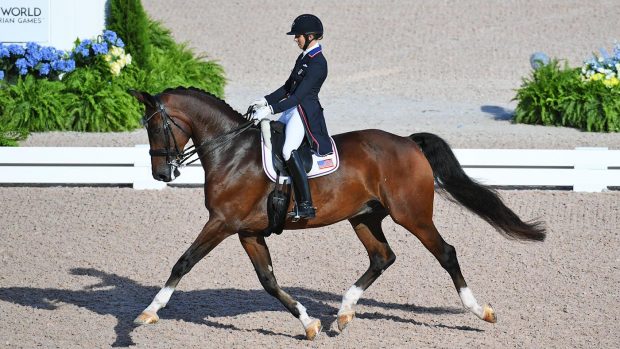Vets and ministers are continuing to push for action over serious concerns about access to veterinary medicines in Northern Ireland after December 2025.
It is estimated that the supply of up to 30% of veterinary medicines to Northern Ireland will be affected when the three-year grace period comes to an end, after which European Union (EU) rules will apply in full unless an alternative solution is found.
The situation is connected to Brexit. Northern Ireland remained in the EU single market for goods, but gets 85% of its medicines from Britain. This means that when the grace period ends, medicines would require additional testing to ensure they meet EU standards, which in turn raises concern over their supply to Northern Ireland, owing to costs and logistics, unless a solution is found.
The long-term supply of human medicines to Northern Ireland was secured in the Windsor Framework last year, but questions remain over veterinary medicines.A Cabinet Office spokesperson told H&H on Friday (30 August) that it is continuing to “pursue a permanent solution to maintaining access to veterinary medicines in Northern Ireland beyond 2025”.
“In doing this we engage extensively with industry and are committed to re-establishing the veterinary medicines working group,” said the spokesperson.The North of Ireland Veterinary Association (NIVA) said the ongoing issue is “creating significant uncertainty and concern within the agricultural and veterinary communities due to the potential effect on animal and human health and welfare”.
“NIVA’s council, representing veterinary surgeons from across the profession, recognises that our investment in working together for the highest standards and reputation of animal health and welfare is also an investment in human and environmental health,” said NIVA president Sharon Verner.
“We will continue to work hard and to collaborate with decision makers to make a difference for animal health and welfare in the livestock, equine and companion animal sectors locally.”
NIVA has welcomed the efforts being made by Northern Ireland’s Department of Agriculture, Environment and Rural Affairs (DAERA) minister Andrew Muir to find a solution and the UK Government’s commitment to re-establishing the veterinary medicines working group.
A motion acknowledging the concern was passed in the Stormont Assembly (Northern Ireland’s devolved government) this summer, and last week Mr Muir met with Cabinet Office minister Nick Thomas-Symonds, among other senior figures, to press the issue.
“I acknowledge concerns arising as the end of the grace period on 31 December 2025 approaches and urged work to advance a veterinary medicines agreement with the EU is progressed apace,” said Mr Muir, following the meeting.
A DAERA spokesperson added: “DAERA officials are aware of the very real concerns around the continue supply of veterinary medicines after the end of the grace period at 31 December 2025 and are engaging with the veterinary medicines directorate, Defra officials and stakeholders to address these.”
British Veterinary Association senior vice president and equine vet Malcolm Morley said securing access to veterinary medicines in Northern Ireland, including equine vaccines and drugs particularly important for breeding horses, “must be a priority of the UK Government”.
“The proposed EU veterinary agreement could provide a long overdue solution to the issue and while it’s positive that the Government has committed to re-establishing the veterinary medicines working group, urgent dialogue with the EU Commission is needed if a solution is to be found,” Mr Morley told H&H.
“We cannot afford to let this issue slip down the political agenda; to do so risks serious and far-reaching consequences for Northern Ireland’s veterinary profession, farming and equine sectors, as well as public health.”
British Equine Veterinary Association (BEVA) chief executive David Montford told H&H: “We share NIVA’s concerns about access to veterinary medicines and support the drive to find a solution that will ensure vets in Northern Ireland are able to provide effective treatments for their clients’ horses; political differences shouldn’t get in the way of animal health and welfare.”
- To stay up to date with all the breaking news throughout the National Dressage Championships, Blenheim Horse Trials, Horse of the Year Show and more, subscribe to the Horse & Hound website
You may also be interested in:

Subscribe to Horse & Hound magazine today – and enjoy unlimited website access all year round




